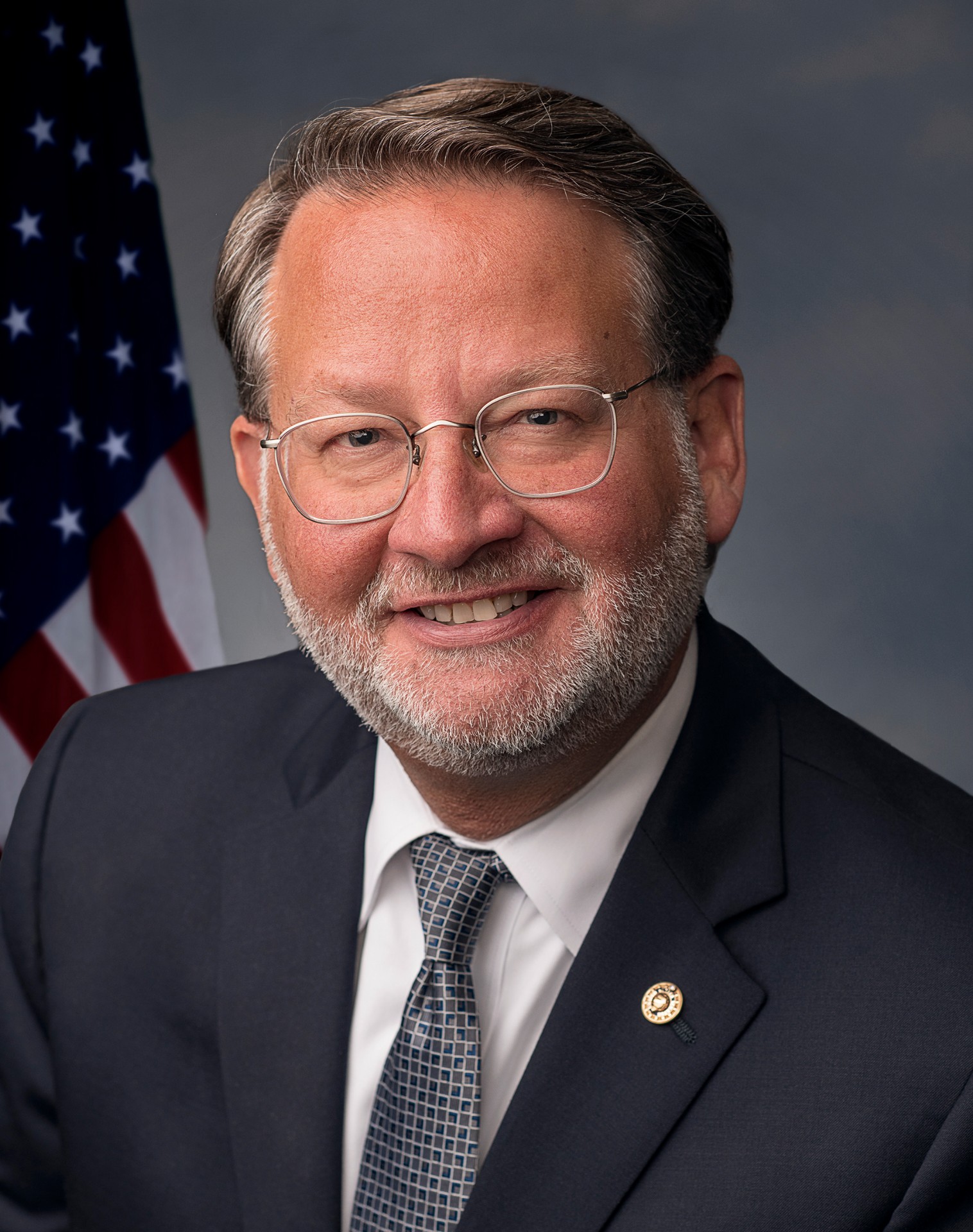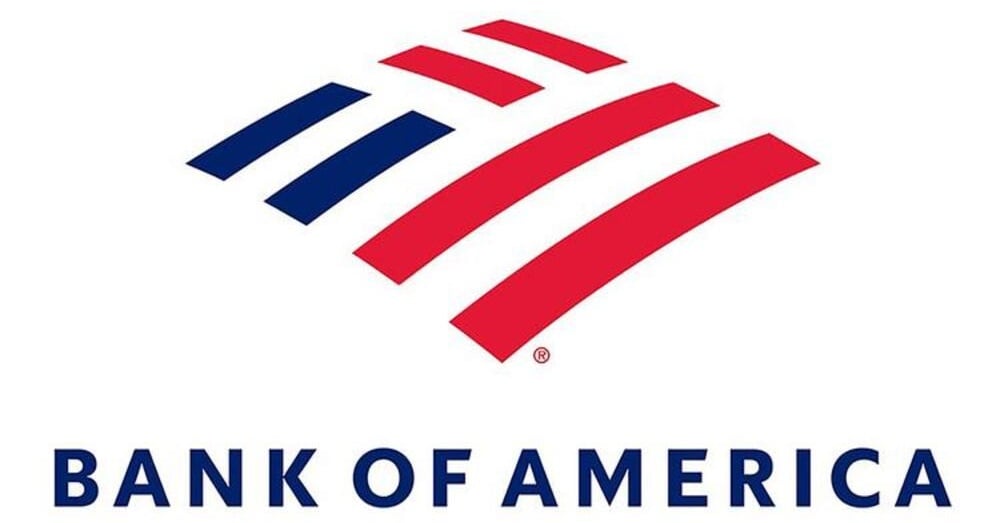
WASHINGTON, D.C. – U.S. Senator Gary Peters (MI) reintroduced bipartisan legislation to strengthen America’s workforce pipeline in artificial intelligence (AI), cybersecurity, and other critical technologies. Peters’ AI and Critical Technology Workforce Framework Act – which he reintroduced with U.S. Senator Eric Schmitt (R-MO) – would direct the National Institute of Standards and Technology (NIST) to develop a workforce framework that defines AI and other emerging and critical technology jobs, and the knowledge, skills, and abilities necessary to perform them. Building off the successful National Initiative for Cybersecurity Education (NICE) framework developed by NIST, this bill would help drive U.S. economic competitiveness and advance our skills pipeline in AI and other emerging technologies by ensuring that individuals have a roadmap to find good-paying jobs.
This framework would also help schools, universities, training programs, and employers as they educate, train, and employ the best and brightest in the workforce of the future.
“As the artificial intelligence sector continues to grow and play an increasingly important role in everything from health care to finance to agriculture, it’s crucial that we have a highly skilled workforce ready to drive innovation and keep the United States at the forefront of this industry,” said Senator Peters. “My bipartisan bill would help expand our nation’s workforce pipeline, not only in AI, but also cybersecurity and other critical technologies that will shape the future of our economy.”
“The AI and Critical Technology Workforce Framework Act stands as a pivotal step towards ensuring Michigan’s workforce remains at the forefront of AI and emerging technologies,” said Ryan Hundt, CEO of the Michigan Works! Association. “This legislation aligns seamlessly with the mission of the Michigan Works! Association to prepare Michigan’s workers for the future through inclusive workforce development.”
“Addressing gaps in the AI and cybersecurity workforce will help safeguard U.S. competitiveness and national security,” said Information Technology Industry Council (ITIC) President and CEO Jason Oxman. “The tech sector appreciates U.S. Senators Gary Peters and Eric Schmitt’s bipartisan leadership in introducing the Artificial Intelligence and Critical Technology Workforce Framework Act of 2025. This crucial bill will expand resources to ensure that the U.S. has the robust workforce it needs to win the global AI race.”
“ISACA enthusiastically supports the legislation by Senator Peters and Senator Schmitt to bring the coherence of NICE KSA’s to AI,” said Emily Bastedo, Head of Government Affairs for the Information Systems Audit and Control Association. “The model of the National Initiative for Cybersecurity Education (NICE) has proven to be effective in developing a skilled cybersecurity workforce. ISACA supports using this model for increasing talent in workers with experience in artificial intelligence. There is a significant gap between the demand for AI skills and the supply of workers who possess them. ISACA’s research, certifications, and professional development programs recognize the connections between the AI, security, privacy, and emerging technology workforces. ISACA supports enactment of the AI and Critical Technology Workforce Framework Act.”
“Preparing our workforce for an AI-integrated economy is an all hands on deck moment,” said Americans for Responsible Innovation President Brad Carson. “We need a coordinated federal effort to ready American workers with the skills to stay globally competitive and keep the U.S. at the forefront of innovation. Big changes are coming for our economy, and this bipartisan bill positions the U.S. workforce to lead in an AI-powered world.”
The AI and Critical Technology Workforce Framework Act would direct NIST to develop an AI workforce framework and identify and report to Congress on other critical or emerging technology areas that could benefit from workforce frameworks, with a focus on ensuring that the frameworks are useful for individuals from nontraditional backgrounds and education. As technologies continue to evolve, this legislation will help ensure that similar frameworks for emerging technology like advanced biology and quantum computing are developed, while ensuring America is positioned to develop and retain skilled individuals across these industries. The bipartisan bill would also require the NICE cybersecurity framework to be updated with input from industry, academia, and government agencies to reflect changes in the cybersecurity sector. The bill would also encourage NIST to offer career resources and guidance to students and adults about careers in cybersecurity, ensuring a sustainable and capable future cyber workforce.
Peters has worked to promote responsible adoption of artificial intelligence (AI) and to expand the AI workforce. In his role leading the Homeland Security and Governmental Affairs Committee, Peters convened multiple hearings on the transformative potential of AI, as well as how the federal government can enable the responsible and effective adoption of AI. Last Congress, Peters led bipartisan legislation to establish guardrails for the federal government to effectively and responsibly purchase and use AI. Peters also introduced bipartisan legislation to designate a Chief AI Officer at every federal agency to coordinate responsible adoption and deployment of AI tools within agencies and across the federal government. Peters also introduced bipartisan legislation to create an AI training program for federal supervisors and management officials. Peters also authored the bipartisan Transparent Automated Governance Act would require federal agencies to notify individuals when they are interacting with or subject to decisions made using automated systems. In 2022, his bipartisan bill to create a training program to help federal employees responsible for purchasing and managing AI technologies better understand the capabilities and risks they pose was signed into law.
###







